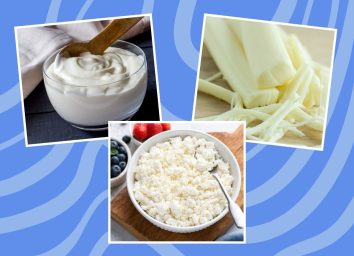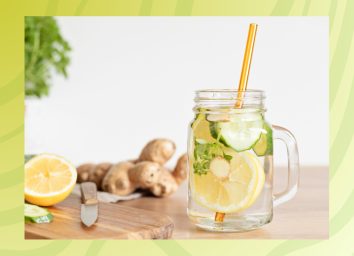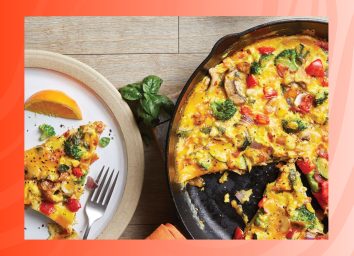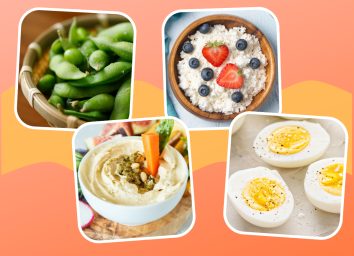8 Foods to Avoid on the Keto Diet
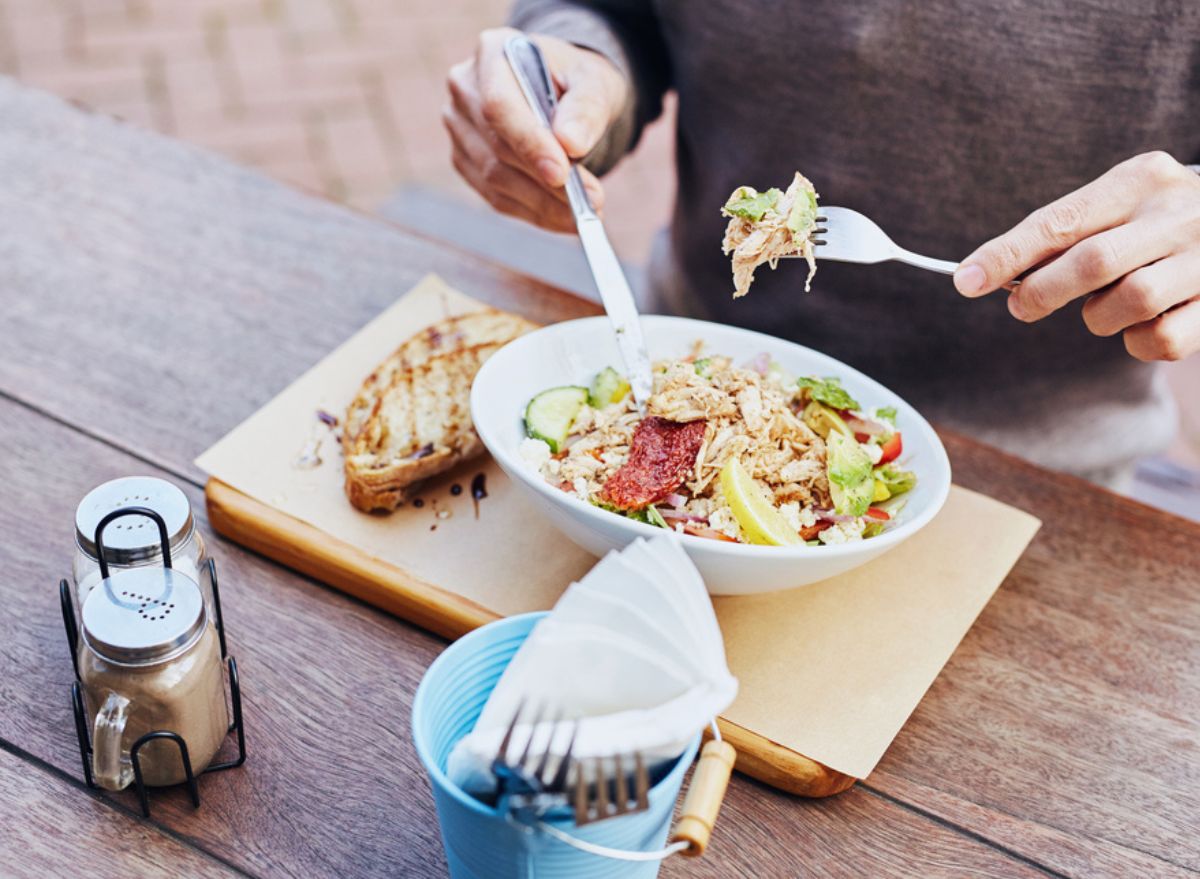
The keto diet is a hyper-specific and niche eating regimen involving minimal to no carbohydrates alongside a fairly low daily overall calorie intake. In recent years, the ketogenic diet—or "eating keto"—has become extremely popular, and its potential efficacy continues to be widely studied. If you're considering or have decided to take this diet path, knowing what not to eat may end up influencing how well your body adapts and changes in accordance with the results you seek, if at all.
"Some of the pros of the diet are that people do lose weight and oftentimes pretty quickly," explains Amy Goodson, MS, RD, CSSD, LD, and board-certified specialist in sports dietetics. "While many people lose weight on the keto diet, it does not necessarily mean it is good for you. Many keto-diet lovers eat very little fiber, which is essential for proper gut and heart health."
Prioritizing dietary fiber is great and can contribute to a healthy and well-functioning digestive system. That being said, balancing nutrients like protein and healthy fats, while on keto will be most crucial in giving your body what it needs. High protein foods facilitate your body's fat-burning process, as it burns more calories to digest. And on the other hand, eating more healthy fats (in moderation, of course) can make your body feel fuller for longer, which is a great resource in trying to lose weight in a healthy way.
Before you jump into this type of diet, it's beneficial to know what foods do not fall under the umbrella of acceptable keto items to eat. So, without further ado, these are 8 foods you should avoid when sticking to the keto diet.
Sugar-sweetened beverages
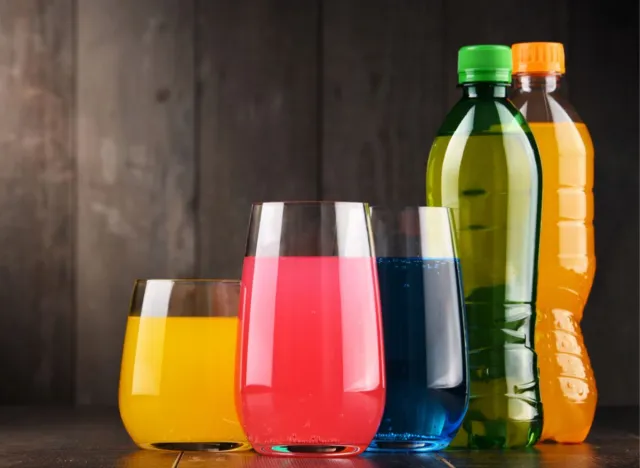
According to News Medical, to enter into ketosis—a metabolic state where one's body can ultimately burn fat in lieu of carbs for energy—you should only eat around 20–50 grams of carbohydrates each day. Sugary drinks, such as sodas, sports drinks, juices or fruit-flavored beverages, and sweet teas, tend to be high in added sugars and carbohydrates. If trying to follow a keto diet, consuming too many of these kinds of beverages can cause the body to revert back to breaking down carbohydrates for energy instead of stored fat.
Baked goods
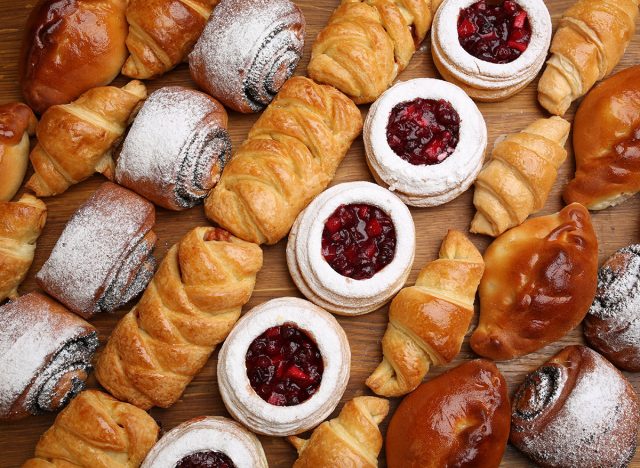
Before reaching for a sweet pumpkin muffin or a fluffy croissant, remember that these will counter your keto-eating efforts.
"You need to limit carbs to a very low amount to maintain ketosis," explains Julie Upton, MS, RD, CSSD, nutrition communications specialist, and co-founder of Appetite for Health. "That means any sugar-rich treats or processed foods are pretty much off-limits on keto," she continues.
Pastries and baked goods will not only push you over your daily intake of carbohydrates while on the keto diet. But the excess calories and added sugars in the sweet treats can end up resulting in health issues like weight gain, high blood pressure, diabetes, and heart disease.
Sweetened yogurt
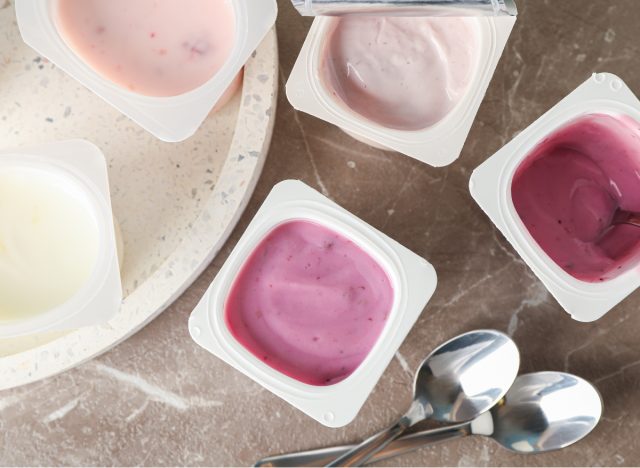
Upton recommends only shopping for plain, unsweetened or low-sugar yogurt brands. In doing so, you can avoid sweetened or fruit-flavored yogurts that can have up to about 12 teaspoons of pure sugar, according to SFGATE.
A bowl of Greek yogurt can be a wonderful source of protein in the morning, which is especially great for a keto diet. Per the USDA, 100 grams of plain, nonfat Greek yogurt has about 10 grams of protein, 0.5 grams of fat, and only 4 grams of carbs, making it a great keto-friendly snack to enjoy—if consumed in moderation. It can also be a wonderful source of protein in the morning, which is especially great for a keto diet.
A keto yogurt parfait doesn't have to be bland; you can add in toppings to boost the flavor and add texture without interfering with countering your dieting efforts.
"[For] low-carb alternatives in your diet, you would opt for berries and other fruit low in sugar," Upton says. You'll be able to enjoy naturally sweet flavors, while still remaining within keto's calorie regimen.
Ice cream
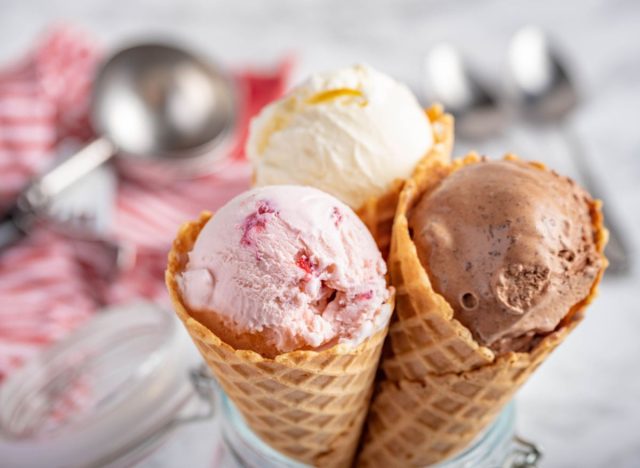
The keto diet is not for the faint of heart, particularly for those who have a big sweet tooth. Realistically, a traditional tub of ice cream is made up of only a few main ingredients: milk, cream, and sugar. As of 2022, the FDA recommended that the portion size for regular ice cream should be no more than two-thirds of a cup.
Nowadays, you can find multiple ice cream brands have surfaced at the grocery store offering keto-friendly ice cream options. These products are usually low-carb with low or zero sugar, and are often made with healthy sweetener alternatives such as stevia, monk fruit, and sugar alcohols.
Beans and lentils
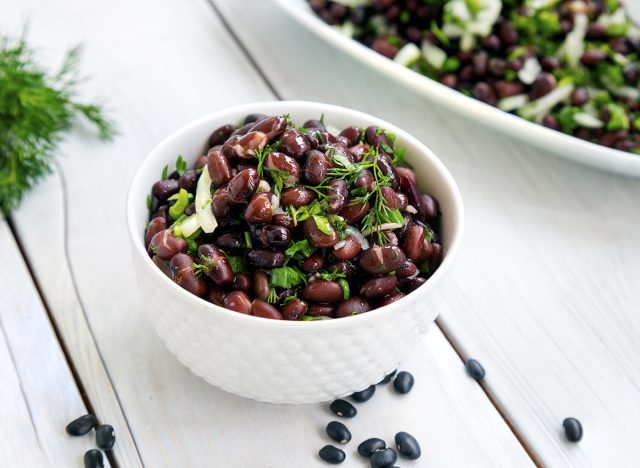
After starting the keto diet, some people may find it "cuts out most sources of fiber in the diet and lots of nutrients found in high fiber foods," according to Goodson. Beans and lentils happen to be a part of this category, especially since they are the most carb-heavy of the legumes family. Even though they're packed with tons of fiber and substantial amounts of protein, these foods can be challenging to incorporate into a keto-focused diet as they reach between 40-50 grams of carbohydrates per serving of 100 grams.
Bacon

Sugar intake does, in fact, have a huge impact on sticking to the keto diet, but it's not the only macronutrient to keep an eye out for.
"When eaten on a regular basis, foods high in saturated fat, like bacon, can contribute to elevated cholesterol levels," explains Goodson.
In a short period of time, having high cholesterol levels may not put the body in immediate danger. Although, a long-term diet consisting of many sources of saturated fats can put one at risk for cardiovascular disease or even heart attacks.
When eating keto, It's best to focus on foods that are high in protein and have a moderate amount of healthy fats. But also keep in mind that "not all fat is created equally," according to Goodson.
Some salad dressings
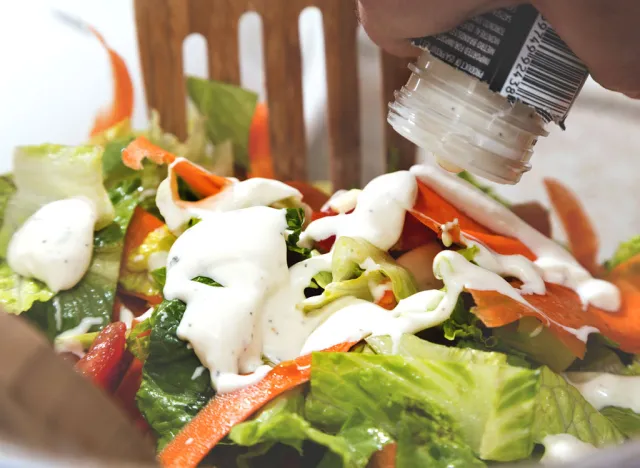
Many commercially prepared salad dressings on the market have high amounts of added sugars, unhealthy fats, and sodium. Though all of this is generally not good for you, it's especially important to be cognizant of these factors when trying to follow a keto diet.
"[All of these] should be limited and not consumed on a regular basis," according to Goodson.
Topping nutritious salads with dressings that have far too much sodium may also result in a spike in one's blood pressure. Furthermore, "two tablespoons of Italian salad dressing may contain as much as 350 milligrams of sodium," Kathy McManus, the director of the Department of Nutrition at Harvard-affiliated Brigham and Women's Hospital, told Harvard Health. Additionally, this amount of sodium reportedly exceeds that of a medium-sized order of McDonald's fries, according to the same Harvard Health article.
Processed meats
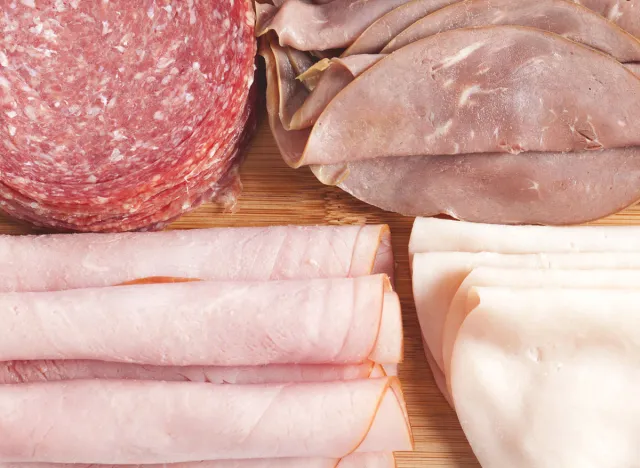
Proteins and healthy fats play an important role in the keto diet. While ultra-processed meats—like deli meats, hot dogs, and sausages—don't have carbs or sugars, they are high in nitrates and aren't good for your heart health in the long run. So, when planning out meals with proteins and healthy fats in mind, you should try to opt for leaner meat choices to maintain healthy cholesterol levels.
"Choose lean meats to avoid high cholesterol intake," recommends Brittany Dunn, MS, RDN, CD, and chef who specializes in sports nutrition. "[Eating more lean meats can also] limit saturated and trans fats in processed foods and meat."
Final Thoughts
The keto diet may have its benefits, but one can only take advantage of these when they stick to the requirements the diet demands. And while going low-carb and sugar isn't always going to be easy, avoiding the types of foods listed above will give you the best chance. Focusing on high-protein and high-fat foods is also key when committing to this meal plan.

